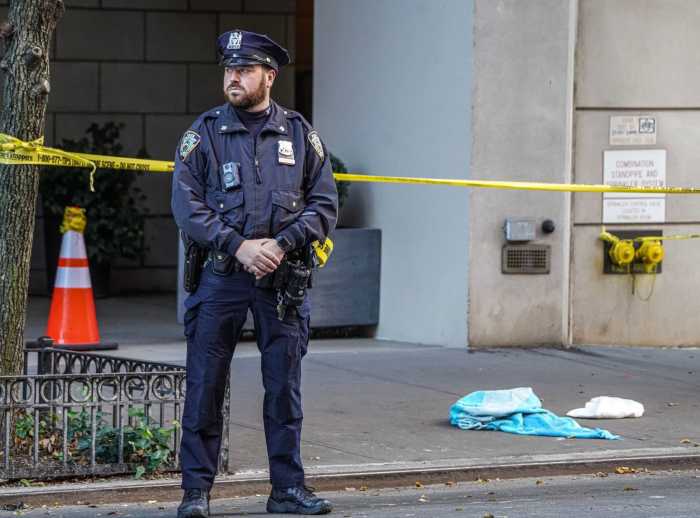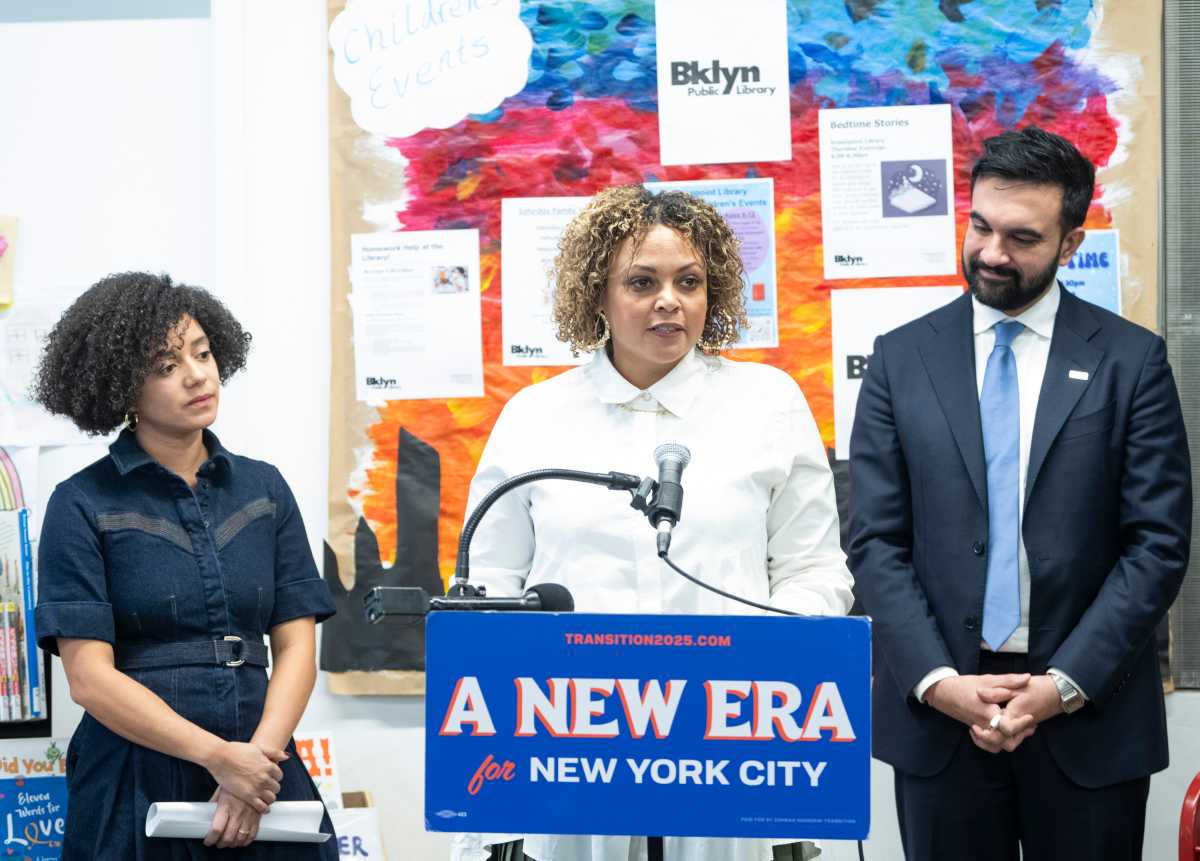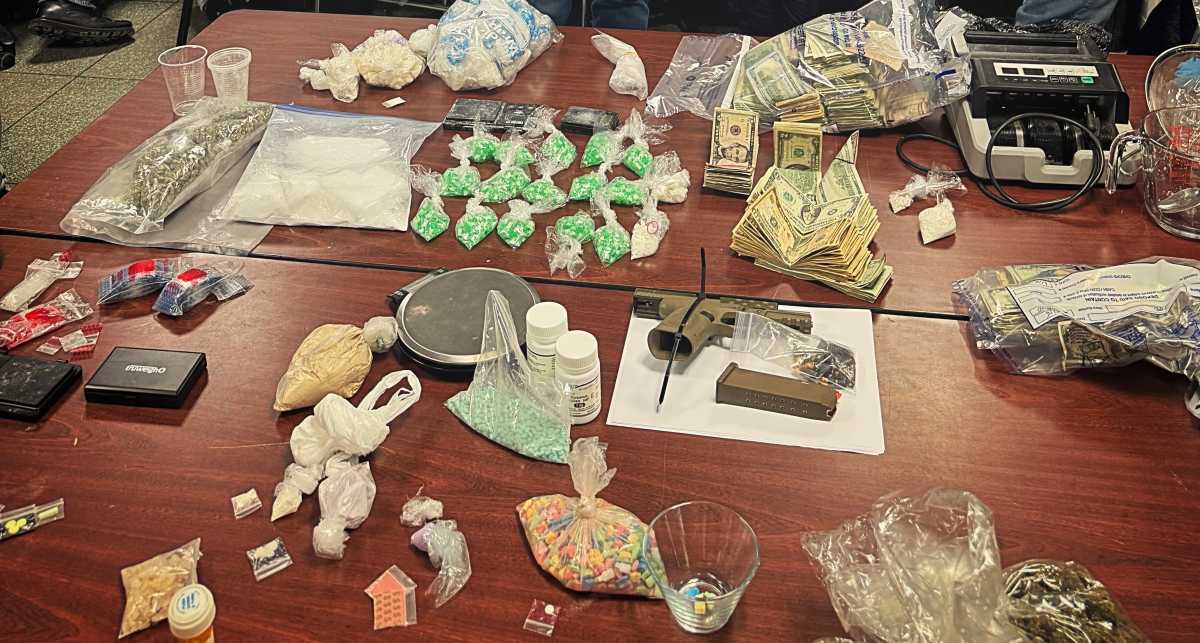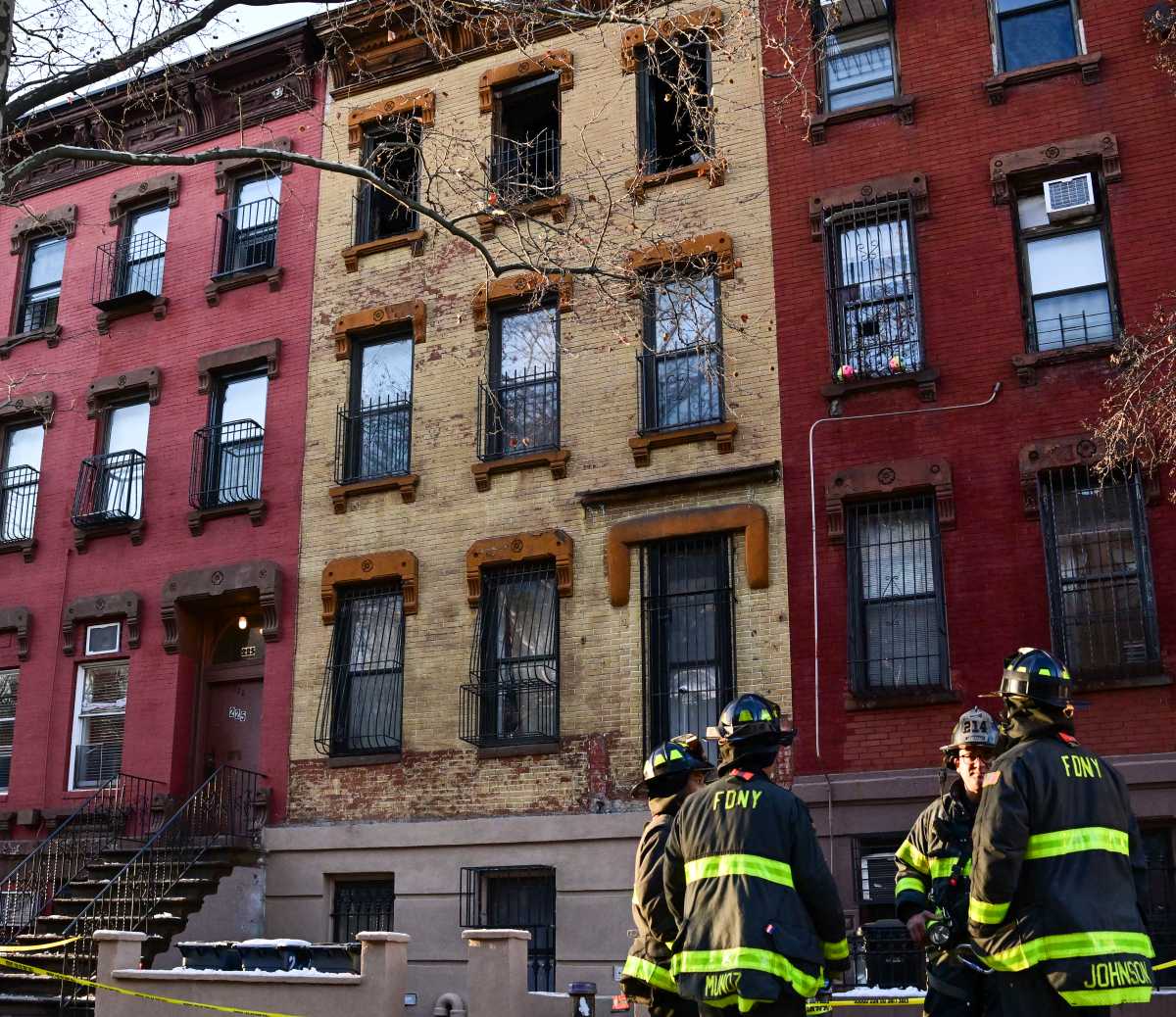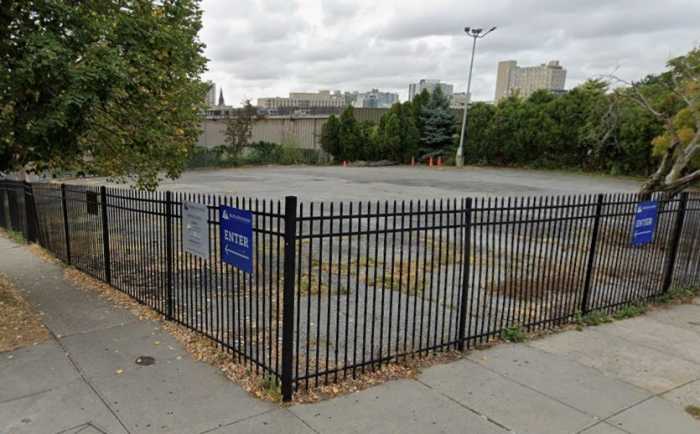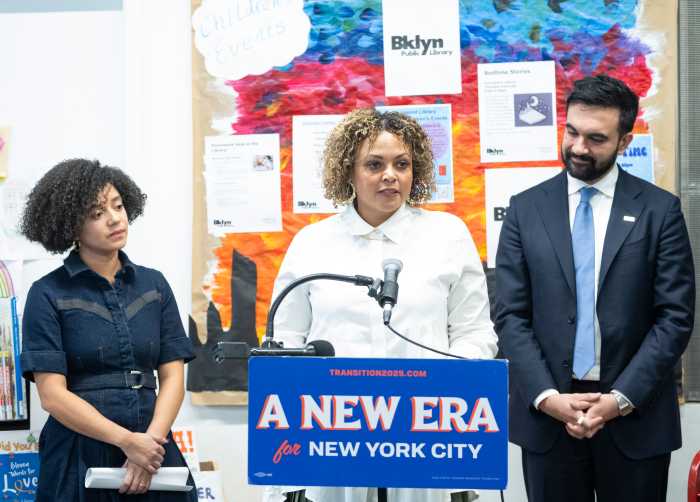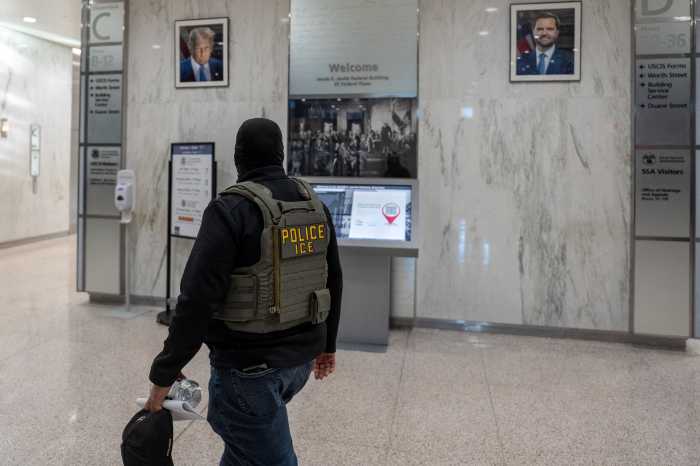Now that the flu season is here, the city’s Department of Health and Mental Hygiene reported that 37% more New Yorkers have gotten their flu shot compared to last year.
The Department of Health and Mental Hygiene released preliminary data on flu vaccinations among adults at least 19-years-old from July 1 to Oct. 24. Close to 706,670 adults received a flu shot this year while last year 517,676 adults chose to get vaccinated.
The report also found that this year 105,881 more children 6 months to 18 years old have gotten a flu shot compared this time last year which represents a 27% increase from last year’s numbers. Over 1,210,000 New Yorkers have received a flu shot in total this year.
Every year, over 2,000 people in New York City die of seasonal flu and pneumonia which can develop as a complication to the flu, according to the city health department. Since the flu and COVID-19 are circulating the city at the same time, health officials warn that getting a flu shot is more important than ever.
To be clear, the flu vaccine will not prevent COVID-19 but will help decrease New Yorkers’ risks of getting sick and needing medical care and potentially suffering complications. It is especially important for adults over the age of 50, pregnant women, people with underlying health conditions and children between the ages of 6 months and five years old to get a flu shot.
“This promising progress is only possible because New Yorkers are looking out for one another and doing the right thing by getting their flu vaccines,” said Mayor de Blasio’s top health aid, Dr. Dave Chokshi. “This year could be the most important flu vaccine you ever get. Now is the perfect time to get the vaccine if you haven’t yet. Our friends, families and neighbors are counting on all of us to help keep each other safe.”
Symptoms of the flu include fever, cough, sore throat, runny or stuffy nose, body aches, headache, chills and fatigue. Some adults and children may experience vomiting or diarrhea and some can be infected with the flu and have respiratory symptoms without a fever.
In order to avoid catching the flu, health officials suggest that New Yorkers wear a face mask, frequently wash hands, avoid close contact with sick people and to cover your nose and mouth when sneezing and to avoid touching your eyes nose and mouth. Those that do become ill, should avoid contact with others and stay home for at least 24 hours until a fever has gone down without the use of fever-reducing medicine.
Flu vaccines are available at community health centers, hospital clinics and many CVS, Rite Aid, Walgreen and Duane Reade pharmacies as well as many independent pharmacies in the city. To find where you can get a flu shot please visit the Health Department’s NYC Health Map, call 311 or text FLU to 877-8777. The health department’s website also features a list of community flu vaccination events.



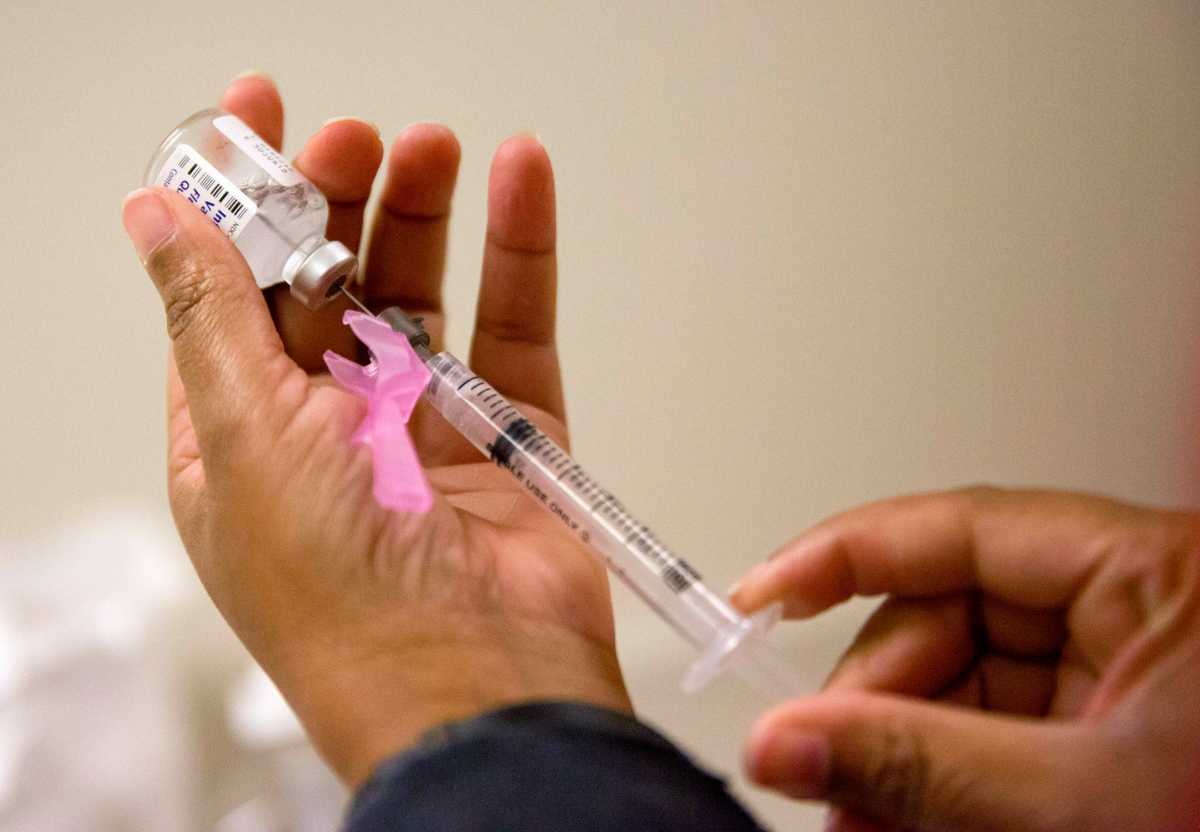
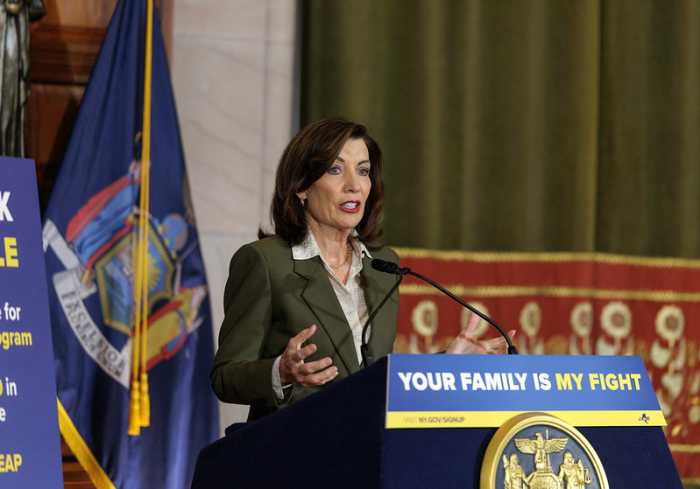
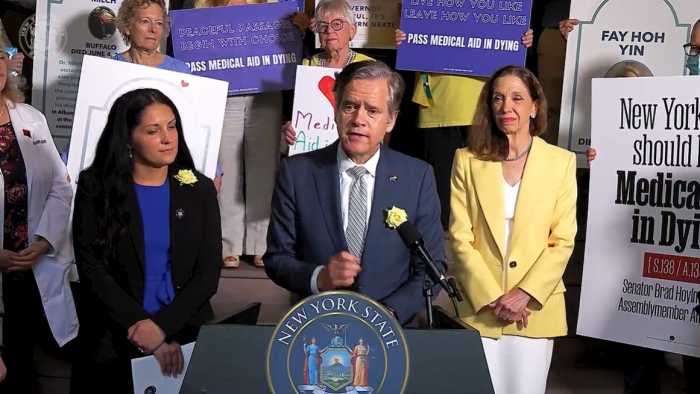
![Fresh Vibes Market_1[1]](https://www.brooklynpaper.com/wp-content/uploads/2025/12/Fresh-Vibes-Market_11.jpg?quality=51&w=1200)
